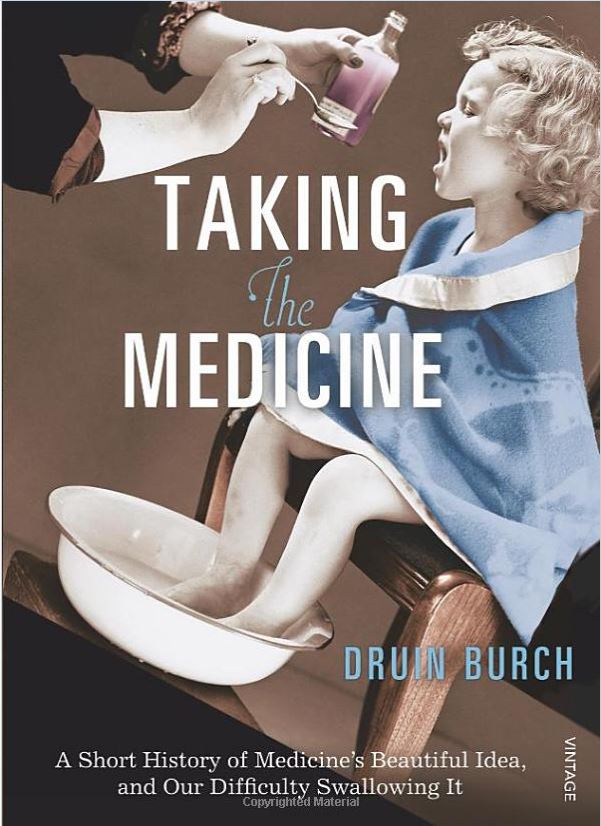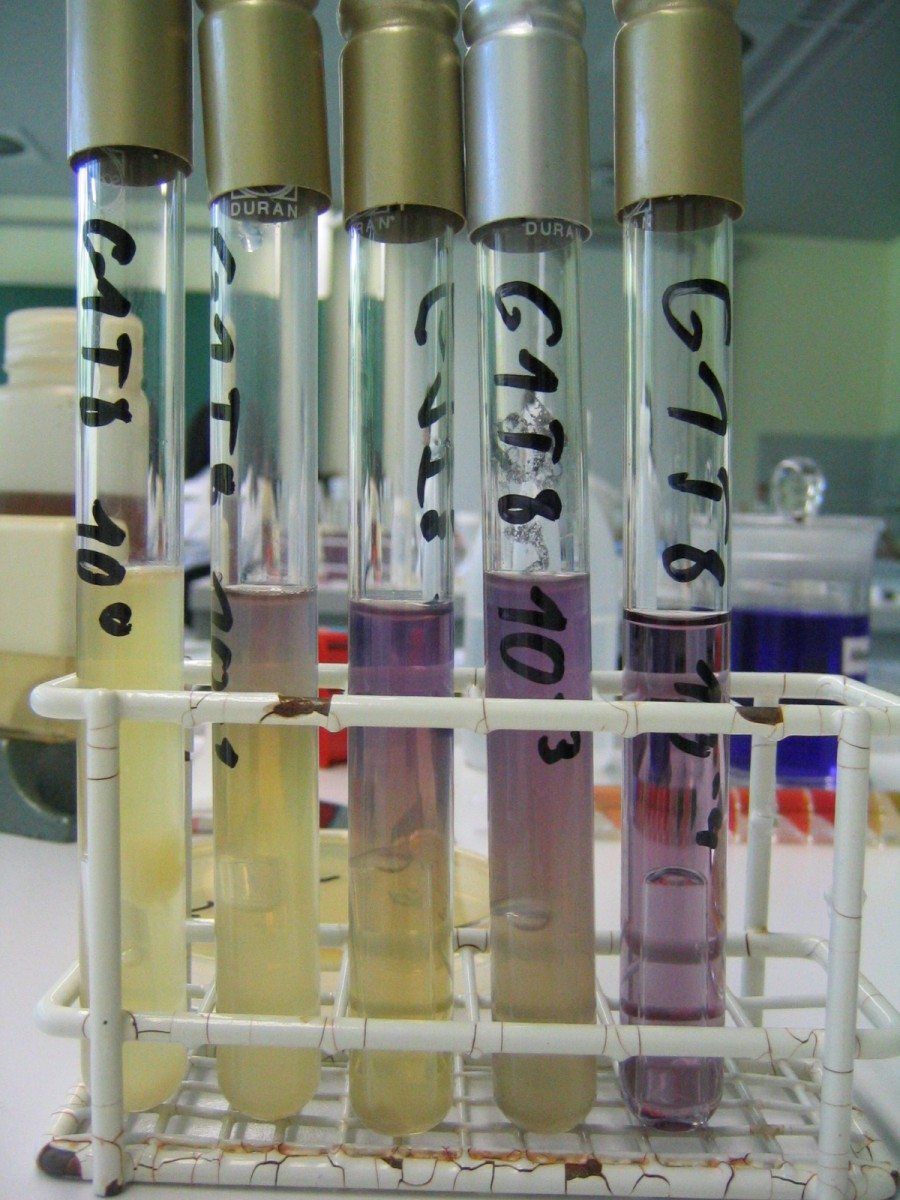Tag: Scientific Method
What Would It Take?
I recently wrote a SkepDoc column on fantasy physics in Skeptic magazine in which I mentioned a study that had allegedly measured 2 milligauss emanations from a healer’s hands. A reader inquired about it and went on to ask “what criteria is [sic] necessary for gaining acceptance in the scientific community in regards to purported healing processes using energy fields generated in...

Medicine’s Beautiful Idea
For most of human history, doctors have killed their patients more often than they have saved them. An excellent new book, Taking the Medicine: A Short History of Medicine’s Beautiful Idea, and Our Difficulty Swallowing It, by Druin Burch, MD, describes medicine’s bleak past, how better ways of thinking led to modern successes, and how failure to adopt those better ways of...
Barriers To Adoption of Science-Based Medicine
I have a confession to make – it’s not easy keeping up with the other “Joneses” on this blog. My colleagues do a terrific job with thoroughly referenced analyses of key issues in medicine – and I sometimes struggle to think of topics that they haven’t already covered in more depth than I can. So today I asked my friends on Twitter...
Reality is unfair
This space has often hosted musings on the nature of scientific knowledge, on how medical science is based in methodological naturalism (MN), rather than supernaturalism. MN requires that our acquisition of knowledge about the natural world be based on natural phenomena. The reason for this should be quite obvious: the natural world is the only one that exists, for all intents and...



Reproducibility Follow Up
Let's explore dueling narratives about the reproducibility "crisis."